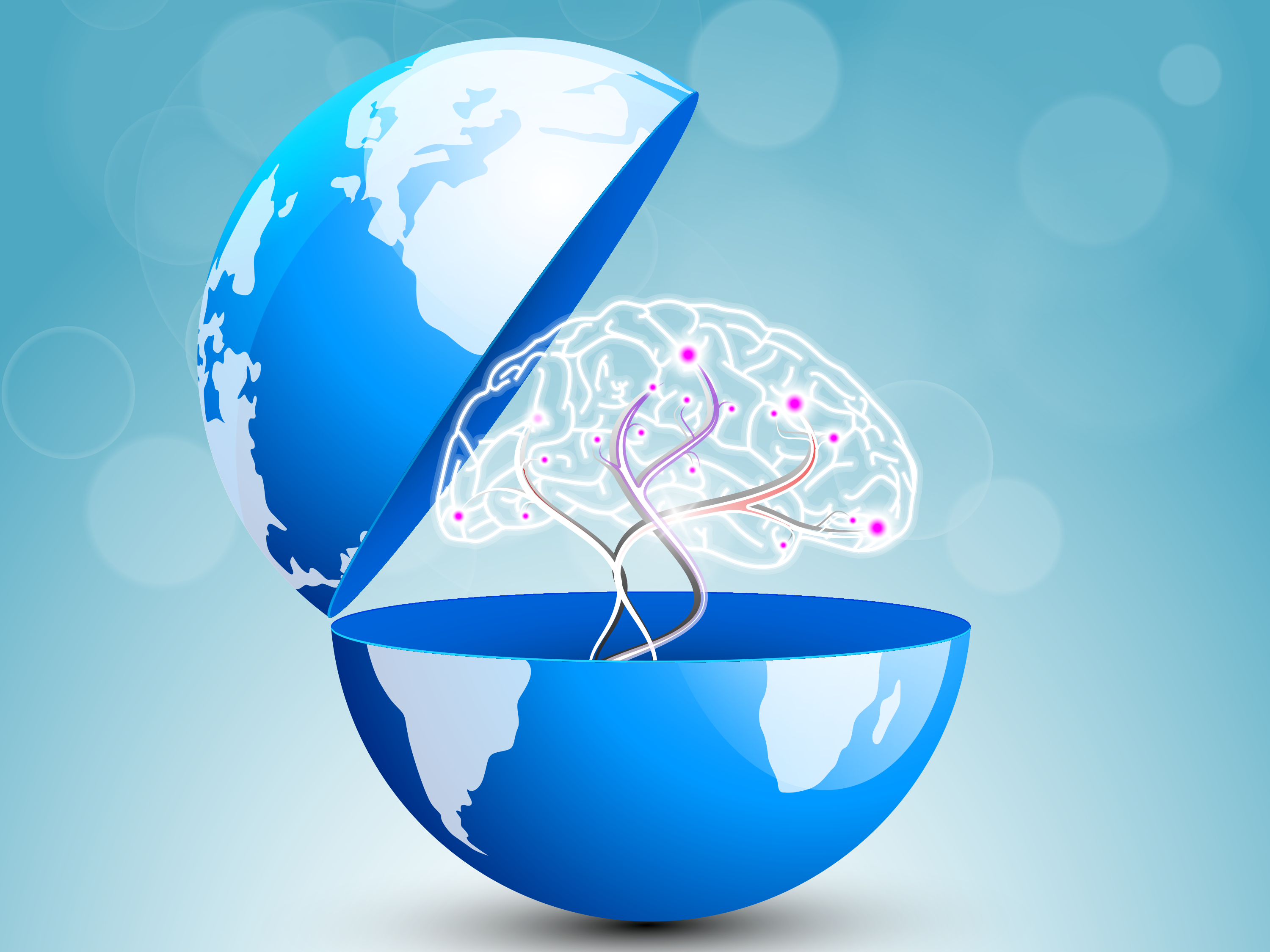MENTAL HEALTH ON A GLOBAL SCALE


BY KATIE LUQUIRE – According to National Geographic, the ten happiest countries include Sweden, Australia, New Zealand, the Netherlands, Canada, Finland, Norway, Iceland, Switzerland, and Denmark. But what actually makes a country happy? As it turns out, there are some common themes among these “happiest countries”. These factors include civic engagement, education, work-life balance, and social connections. On the contrary, the least happy countries are often war-torn, unstable, and poor. So how does this relate to mental health on an all-encompassing global scale?
“Mental health” is an increasingly prevalent term in our society today. More than ever, people are recognizing how crucial mental well-being is to a fully-functioning life, and they are taking action. However, many developing countries fail to provide adequate treatment to those who are struggling with mental illness. In fact, studies have shown that in a given year, 30% of the population worldwide is affected by a mental disorder and over two-thirds of that group do not receive care. Mental health infrastructure is largely stigmatized, and its acceptance varies from culture to culture. This leads to a misunderstanding of mental illness and the factors that contribute to it, which causes discrimination against those with mental disorders in many aspects of life including education, employment, and productivity. Therefore, if we will eventually be able to develop better care for those with mental illness, we must recognize mental illness as a serious condition and we will need to integrate that understanding into the primary care system, especially in developing countries.
Although there is a long road ahead for breaking down the barriers for those with mental illness, organizations such as the World Health Organization (WHO) have begun to develop plans to improve mental health on a global scale. In fact, three of the seventeen Sustainable Development Goals (SDGs) focus on the “prevention and treatment of non-communicable diseases, including behavioral, developmental, and neurological disorders, which constitute a major challenge for sustainable development”
. The agenda requests that countries reduce mortality of non-communicable diseases by one-third by prevention and treatment of mental illness. It also calls to strengthen substance abuse prevention and treatment, which has been a major factor in determining mental health. By making mental health a priority, we are able to radically change the lives of those who are afflicted by mental illness in order to improve the lives of millions of citizens who will finally receive the aid that they need.
